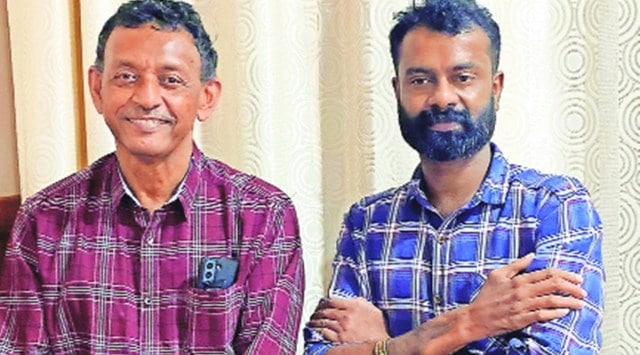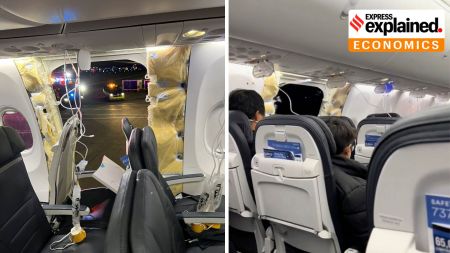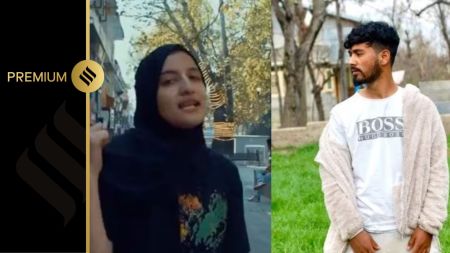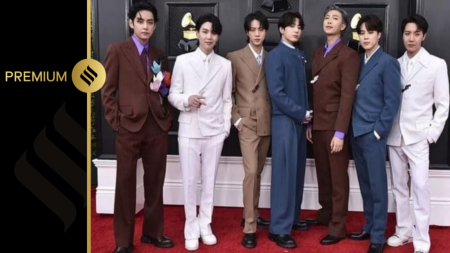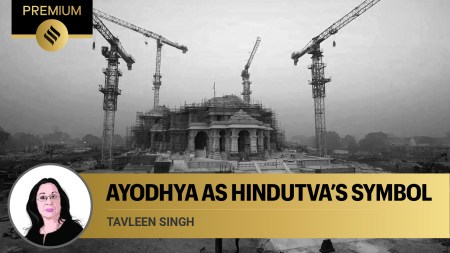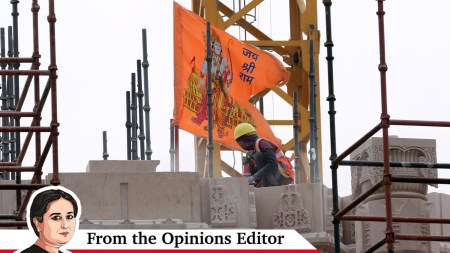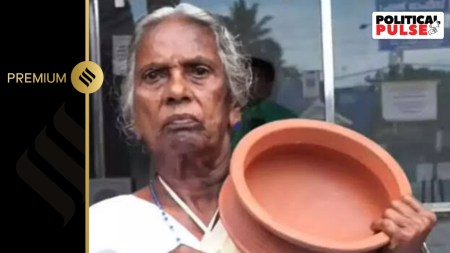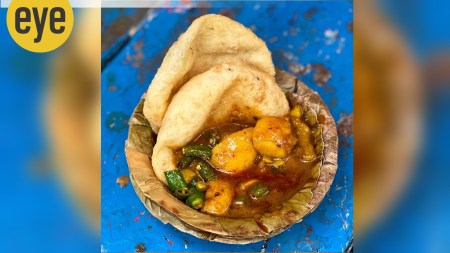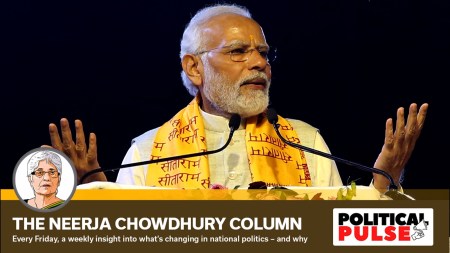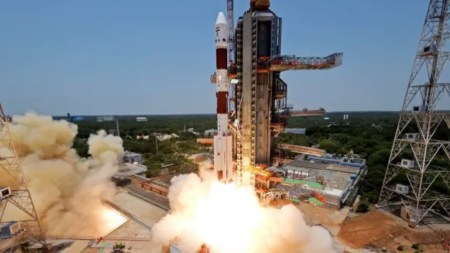
Manu T R holds a pen with a firm grip as he fills out a form for a patient in need of a hand transplant at the head and neck surgery department of Kochi-based Amrita Institute of Medical Sciences. As India’s first recipient of a bilateral hand transplant, there is no trembling as he writes, makes calls, and instills confidence in other patients.
Ten years ago, the 28-year-old, an event management executive from Neyyassery village in Kerala’s Idukki, had no idea what the future held after a shocking incident. He was pushed out of a running train after confronting a group of thugs who were harassing a woman passenger, resulting in the loss of both his hands. “Such was my despair that I would plan on how to commit suicide as I had become a total wreck, entirely dependent on my brothers,” recalls Manu.
Dr. Subramania Iyer, Chairman of the head and neck surgery, plastic surgery, and cranio-maxillofacial surgery, along with other doctors, decided to take on the historic operation and performed the country’s first bilateral hand transplant on January 13, 2015. More than 20 surgeons participated in the 16-hour procedure, with each hand requiring the connection of two bones, two arteries, four veins, and about 14 tendons.
Since then, the institute has been able to transplant 26 hands in 14 patients, two of which were unilateral. Across the country, six other centers have taken up these complex hand transplants, and a total of 47 hands have been transplanted across 26 patients to date. Worldwide, there are fewer than 40 centers engaged in hand transplants, according to Dr. Iyer.
While challenges like donor availability, lack of public awareness, affordability of the procedure, cost, and side effects of lifelong immunosuppressant drugs remain, doctors say that the benefits for double amputees to have hand transplants far outweigh the drawbacks. Presently, Dr. Iyer and his team are actively working towards comprehensive rehabilitation of hand amputees by focusing research on osseointegration.
Dr. Mohit Sharma, Professor and Head of Plastic and Reconstructive Surgery at Amrita Hospital, Faridabad, who was a key part of the team taking on hand transplants, said: “The requirement for a hand transplant is based on the person’s high functional requirements. There are cases where a person has lost a dominant hand, making it difficult to replant and has highly delayed function. So here the effort is to plan targeted muscle reinnervation with osseointegration with a prosthetic hand that amputees can tolerate, unlike the traditional ones.”
To support this effort, Amrita Institute is now collaborating with a start-up called Makers Hive, which launched its bionic arm KalArm in 2020, to work on the best treatment modality in the field of prosthetic implants. Meanwhile, there are three patients on the waiting list – one each from Pakistan, Saudi Arabia, and from within the country. Dr. Iyer has deputed Manu for his first hand transplant to counsel and guide them. For Manu, the role of a transplant counseling assistant suits him well. “I can feel their suffering and pain,” he said. But what pains him most is that the donor hands that he got were from a young 24-year-old glass painter Binoy, who was declared brain dead after a road accident. “I am like their son now and meet them regularly,” said Manu.
(The writer was in Kochi on invitation from Amrita Institute of Medical Sciences)
Anuradha Mascarenhas is a senior editor with The Indian Express, Pune….
